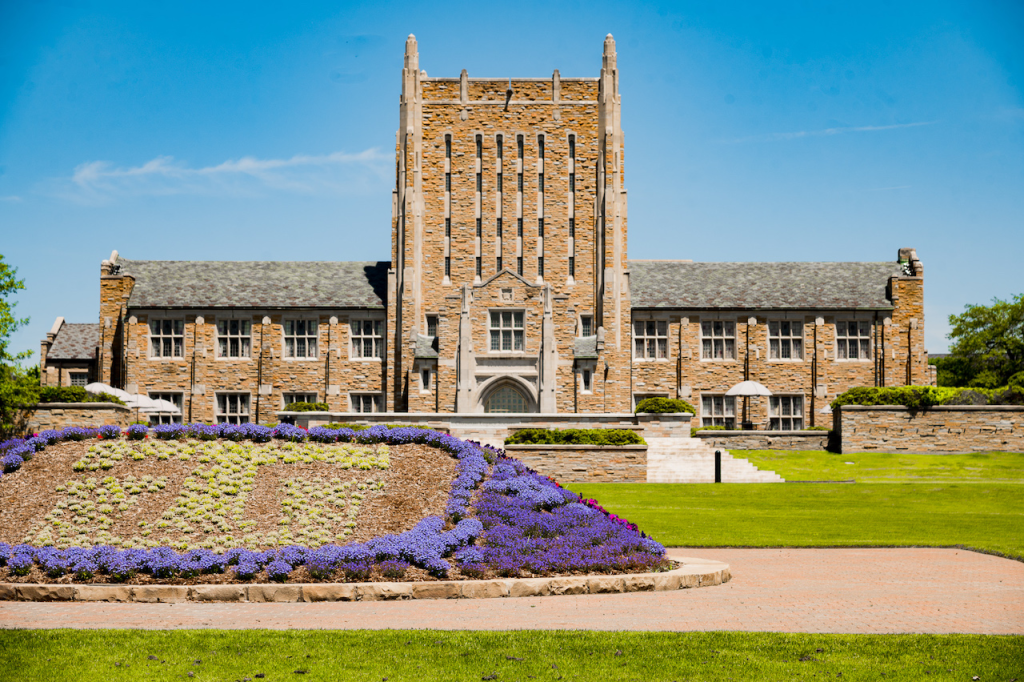
University of Tulsa: A Comprehensive Overview
The University of Tulsa (TU) is a private research university located in Tulsa, Oklahoma. Founded in 1894 as the Presbyterian University of the Indian Territory, it has evolved into one of the most respected institutions of higher learning in the region. With a commitment to academic excellence, research, and community service, the University of Tulsa offers a unique blend of rigorous educational programs, a vibrant campus environment, and a close connection to the city of Tulsa, which is known for its rich cultural heritage and growing economic development.
The University of Tulsa's origins trace back to the late 19th century when it was established to provide higher education to the residents of the Indian Territory. It was initially created with a focus on serving the Native American populations, but over time, the institution expanded its reach and began accepting students from a diverse range of backgrounds. In 1920, the university became affiliated with the Presbyterian Church, but it has since developed into an independent institution.
Today, the University of Tulsa operates with a mission rooted in providing a high-quality liberal arts education while fostering intellectual curiosity, ethical development, and social responsibility. The university is dedicated to helping students become well-rounded individuals who are prepared for leadership roles in their respective fields, emphasizing not only academic achievement but also character development.
The University of Tulsa offers a diverse range of academic programs, including undergraduate, graduate, and professional degrees across various disciplines. TU is particularly known for its strong emphasis on research, particularly in the areas of engineering, business, and law. The university’s small student-to-faculty ratio ensures that students receive personalized attention and are actively engaged in the academic process.
The University of Tulsa offers more than 50 undergraduate degree programs across a wide array of disciplines. These programs are housed in six academic colleges and schools:
In addition to its undergraduate programs, the University of Tulsa offers graduate and professional degrees across a variety of disciplines. Some of the key graduate programs include:
The University of Tulsa boasts a vibrant and active campus life, with numerous opportunities for students to get involved in extracurricular activities, student organizations, and community service. TU has more than 100 student organizations, including academic societies, cultural clubs, and service organizations. Students are encouraged to pursue leadership roles within these organizations, fostering a sense of responsibility and community.
A few notable aspects of student life at TU include:
The University of Tulsa is known for its research in several key areas, particularly in engineering, energy, and the natural sciences. TU’s research programs are supported by state-of-the-art laboratories and facilities, and students are encouraged to participate in hands-on research projects alongside faculty members. Some areas of focus for TU researchers include:
The University of Tulsa offers a comprehensive and enriching academic experience, providing students with the tools they need to succeed in their chosen careers. With a strong commitment to intellectual growth, community engagement, and service, TU fosters an environment where students can thrive both academically and personally. Its location in Tulsa—a city with a rich cultural scene and a growing economy—offers students unique opportunities for internships, networking, and career development.
From its rigorous academic programs to its vibrant campus life and strong focus on research, the University of Tulsa is a top choice for students seeking a well-rounded education in a dynamic environment. Whether pursuing an undergraduate degree, a professional program, or advanced graduate studies, students at TU are prepared to become leaders and innovators in their fields.
Tulsa, Oklahoma, United States
Add a review